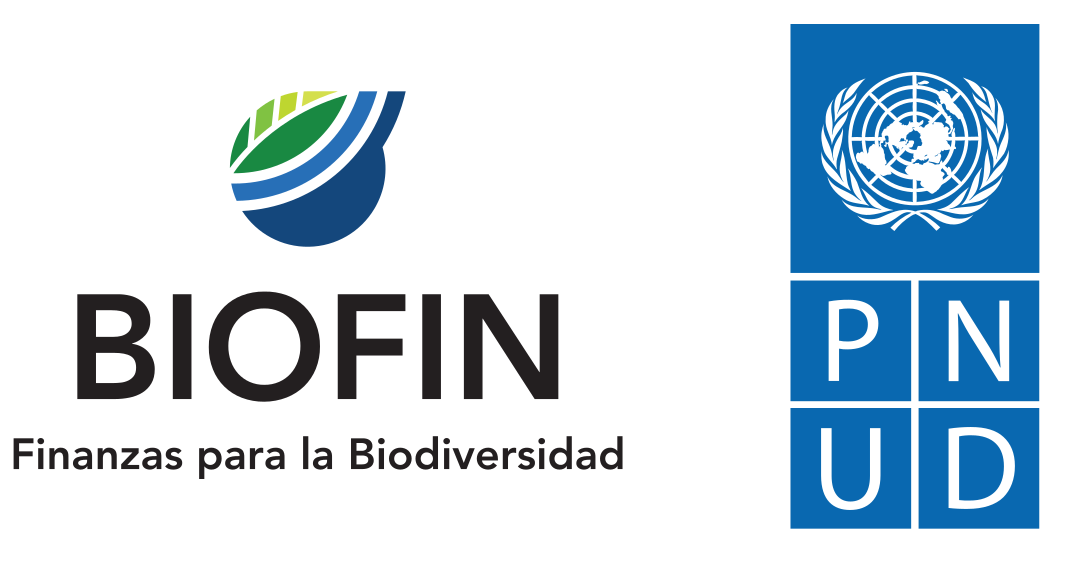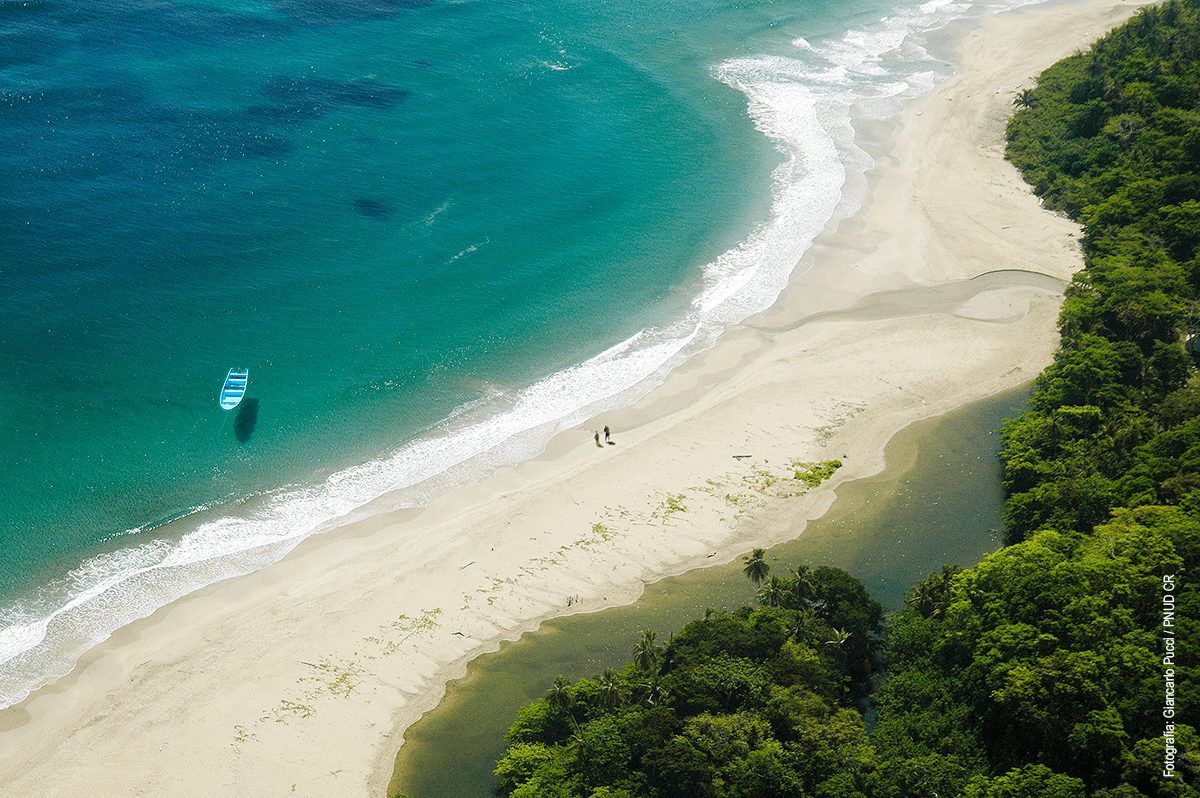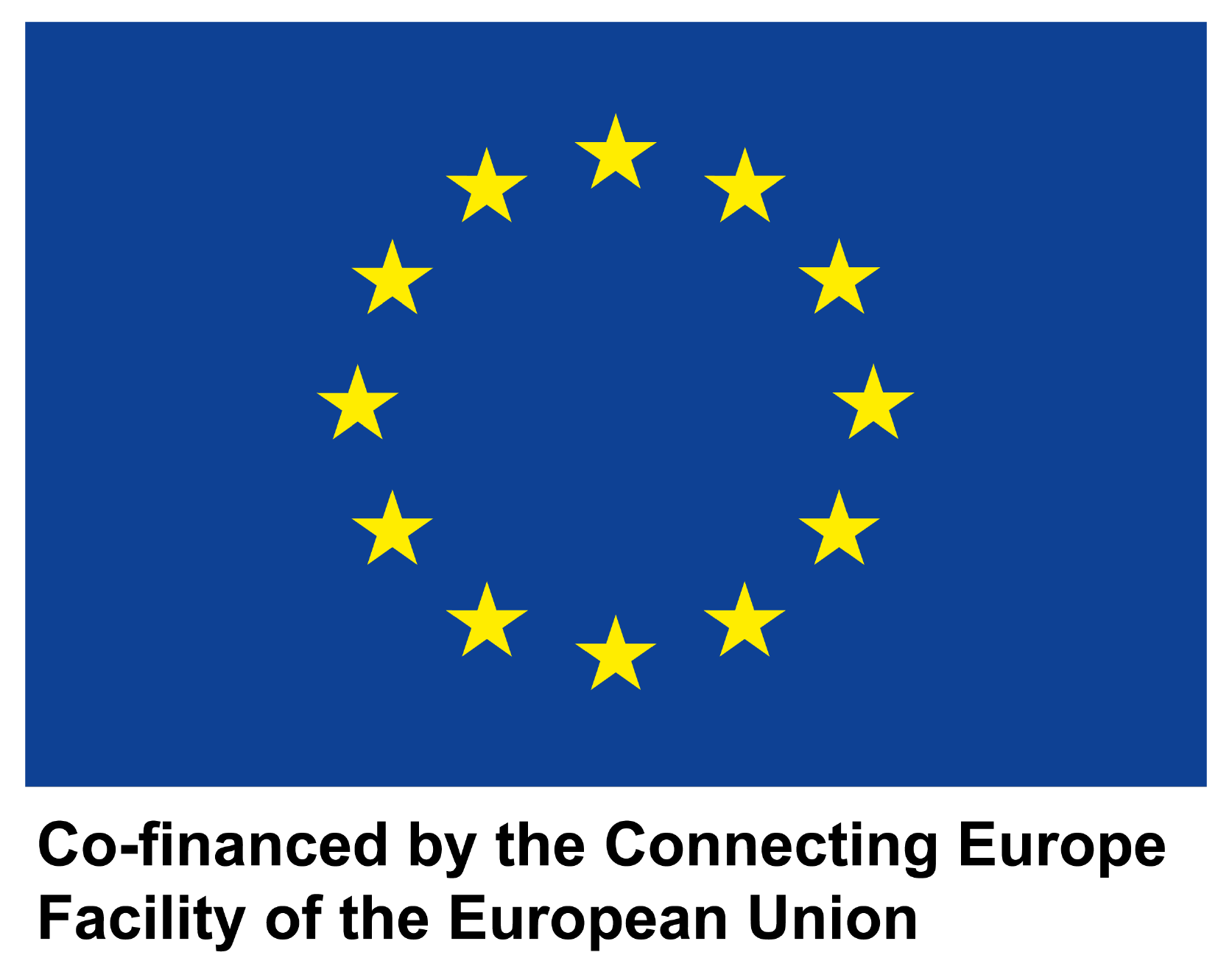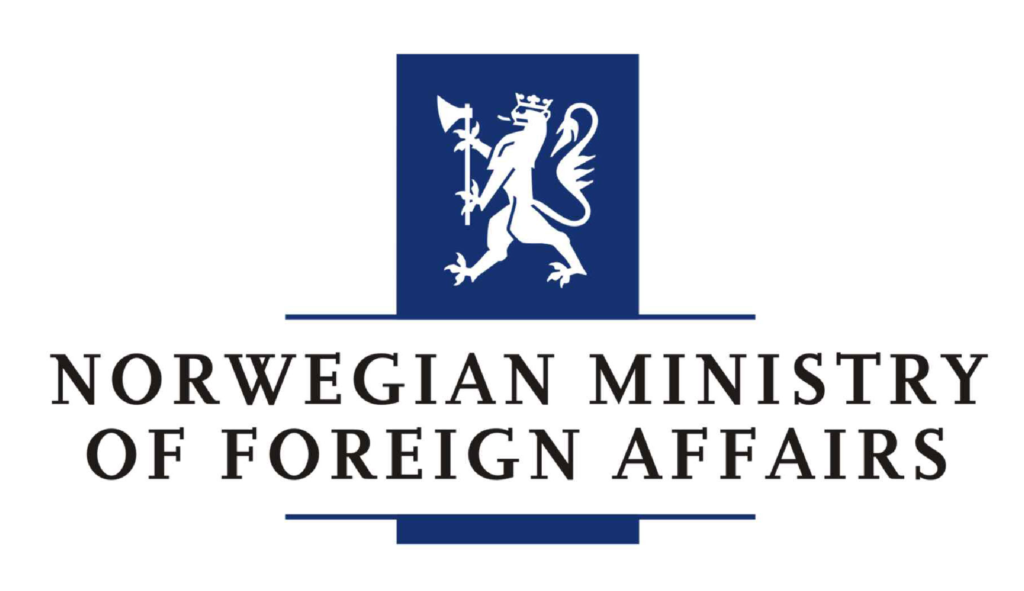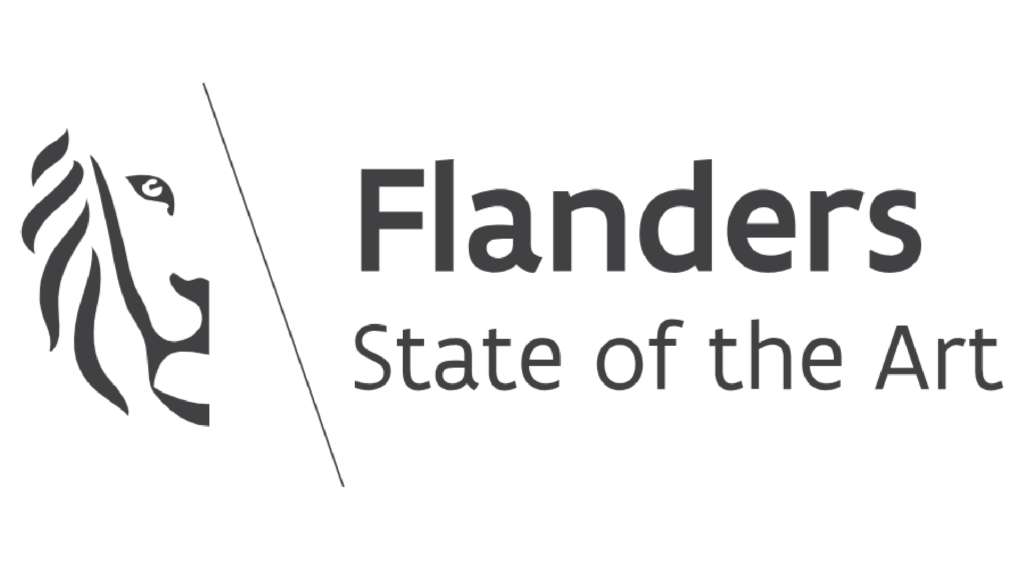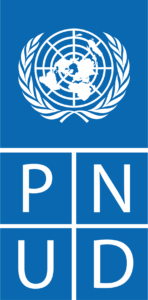To face the economic crisis caused by the COVID-19 pandemic and the fiscal situation of Costa Rica, it is necessary to implement green, resilient and inclusive solutions that consider both the well-being of people and nature This much-needed balance is the only way to overcome the global challenges of the effects of the health emergency, the loss of biodiversity and the climate crisis.
The approach of people to natural resources and the promotion of ecotourism demand a series of facilities and services known as Non-Essential Services and Activities (SANE) in Protected Wild Areas (ASP). The SANE are those activities, such as food service, store, health services, administration and construction of trails in the ASPs, among others, that national legislation enables to be administered by third parties. The SANE offer possibilities for the communities in the area of influence of the ASPs to benefit from economic activities through sustainable employment and at the same time allow to improve the quality of the visit and the enjoyment of nature.
That is why the National System of Conservation Areas (SINAC) with the support of the Biodiversity Finance Initiative (BIOFIN) of the United Nations Development Program (UNDP), have developed a series of actions for the correct implementation of article 39 of the Biodiversity Law, thus generating the creation of public-private alliances between the Protected Wild Areas and the communities located in their area of influence.
In 2020, around 70 SINAC officials were trained virtually on the current legal and technical framework, which governs the granting of SANE in ASPs; and, the respective accompaniment will continue Likewise, external users may also have a document that helps them understand what SANE are, their objectives, the legislation that applies, the different phases that it comprises (Preparatory Phase, Contract Phase and Phase of Monitoring and Evaluation of the Contract by part of the Administration), the advantages of granting these SANE, among others; This is how the document is presented: The ABC of Non-Essential Services and Activities in Protected Wild Areas of the National System of Conservation Areas .
This process addresses issues that transcend at the international level (Agenda 2030, which is universal and includes 17 Sustainable Development Goals (SDG) and 169 goals), such as inequality, the generation of jobs for local communities; and, therefore, SDG numbers 5, 8 and 9. It also contributes to the conservation and sustainable use of biodiversity in compliance with SDG numbers 14 and 15, by enhancing SINAC’s financial sustainability mechanisms.
Mr. Rafael Gutiérrez Rojas, Executive Director of SINAC, points out that: “Non-Essential Services and Activities will allow visitors to offer a better quality of products and services within the ASPs, improve the visitor experience and generate sustainable development. from a participatory local management. That is why, the need as SINAC to have a document that integrates all the aspects that involve the granting of SANE within the state ASPs, and that serves as a reference at a national and international level in the consolidation of sustainable tourism, of hand in hand with the development and conservation of Biodiversity”.
BIOFIN’s main objective is to mobilize resources to reduce the financing gap in biodiversity, it supports 36 countries worldwide and in Costa Rica, it has a portfolio of 6 financial solutions prioritized by its Steering Committee (Ministry of Finance, MIDEPLAN, MINAE and UNDP) among which is the “SANE Concessions Platform in ASP”, an initiative developed jointly with SINAC; and the + Women + Natura Program.
Mr. José Vicente Troya, UNDP Resident Representative in Costa Rica, highlights that: It is essential for Costa Rica to have clarity of the legal framework and procedures on how to establish Non-Essential Services and Activities as a way to address inequality, and therefore the Sustainable Development Goals (SDG). From UNDP, within the framework of its BIOFIN initiative, we are very pleased to be part of this initiative and we reiterate our commitment to continue working on the implementation of actions and the creation of sustainable models that favor protected wild areas, their communities. surrounding areas and their visitors, to advance towards a sustainable, inclusive and resilient economic recovery”.
